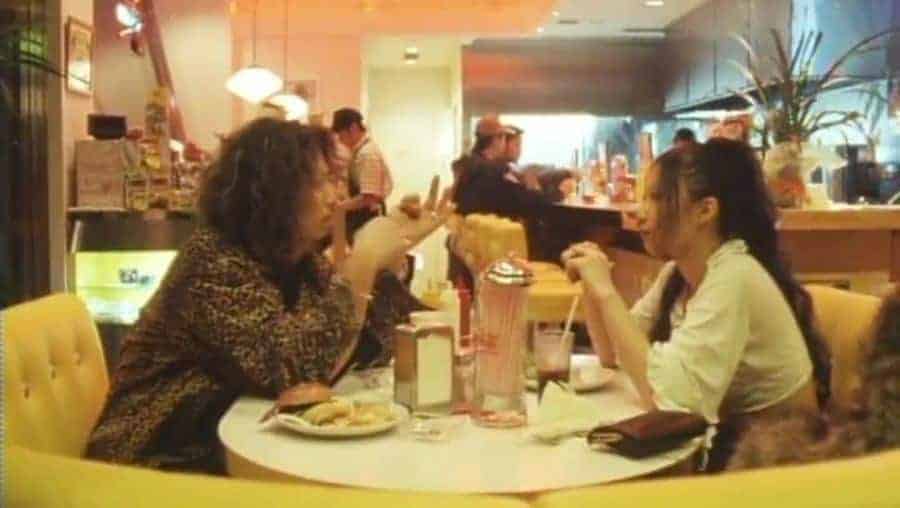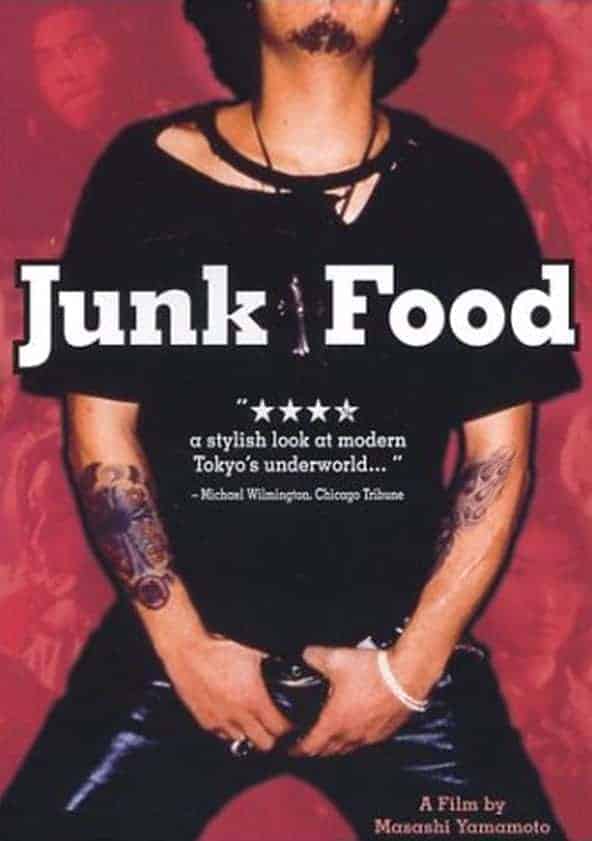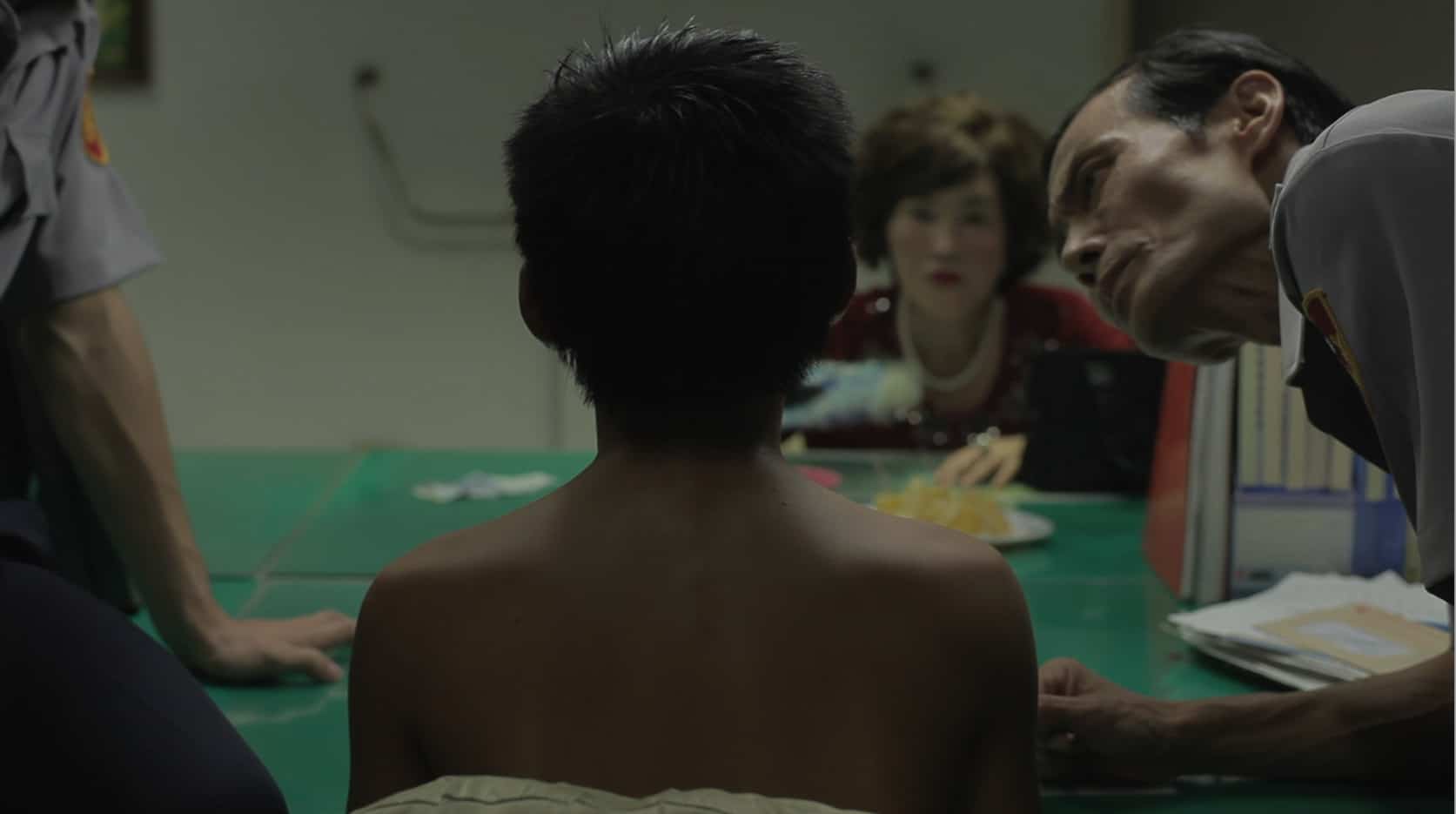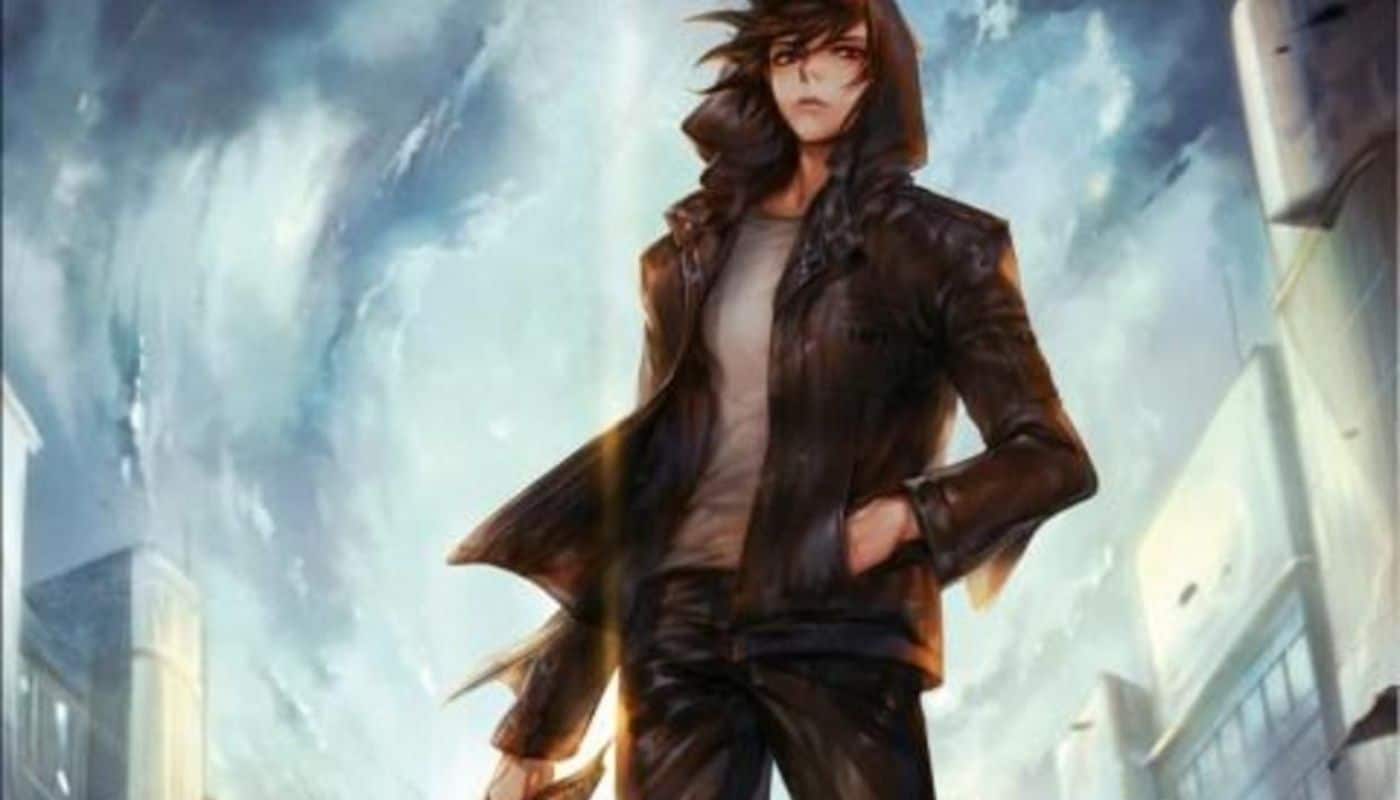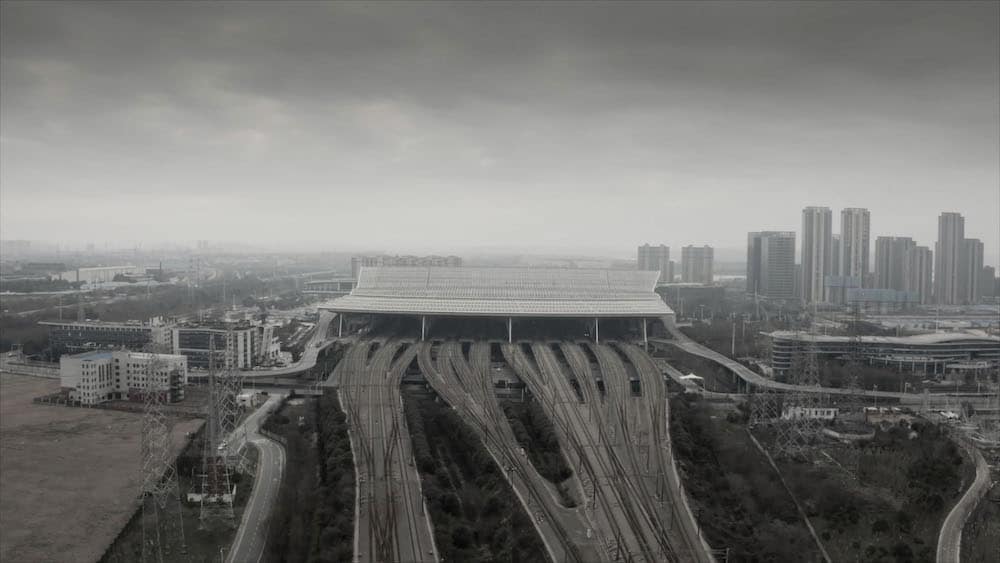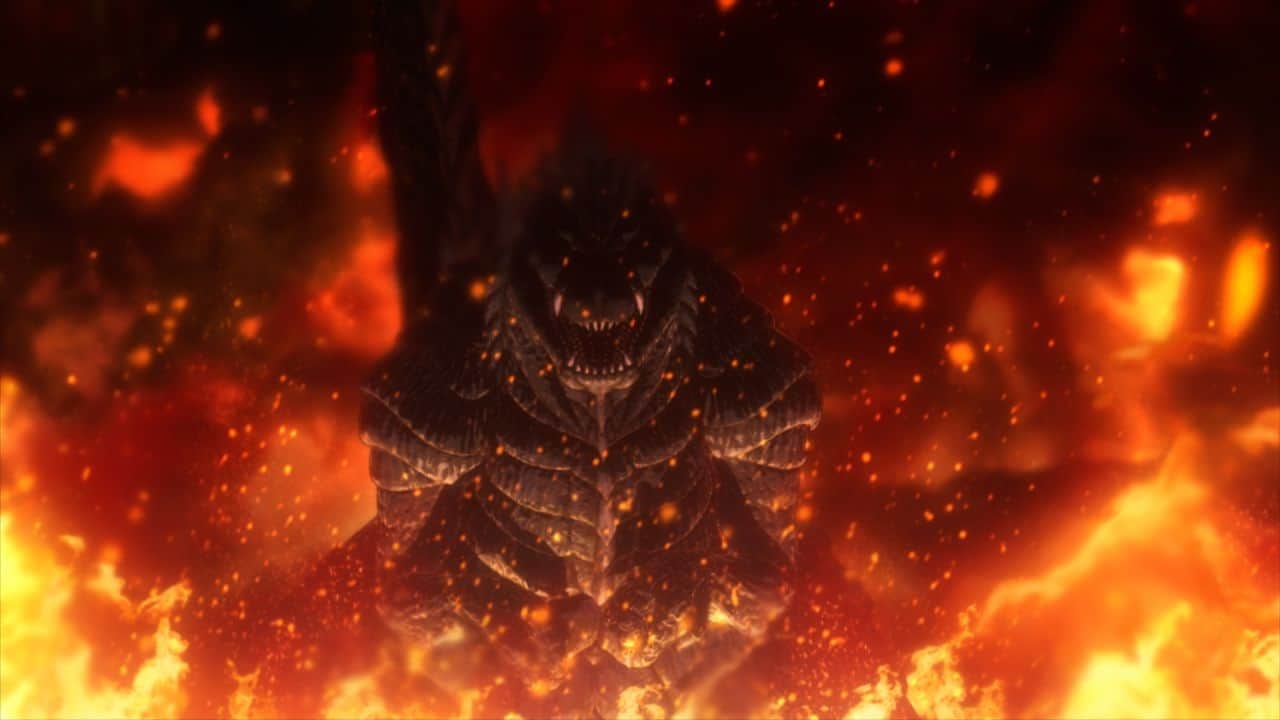A woman wanders the streets, desperately looking for her next fix. A man from India, trying to find freedom within Japan, turns to murder in a mad scramble over money. A traveling wrestling performer longs to make her way home to her daughter. These people's stories are entwined with others who are struggling in an unforgiving city. “Junk Food” interweaves its characters' lives to tell the story of a bleak landscape of lost souls.
Watch This Title
“Junk Food” is a film that relies heavily on trying to create a certain fast-paced style in a reflection of the chaotic content it covers. Although the film does succeed to a degree, the approach ultimately hurts the pacing and story. In regards to pacing, despite an attempt at utilizing different camera techniques and sharp cut between certain scenes, the film highlights it's slow-paced and tedious moments. The culmination of this irregular pace can be summarized in one of the later scenes, as in the middle of all the conflict the characters meet up in a chance encounter and play a game of Foosball at a bar. The scene itself being unnecessary just stops the pacing and story so abruptly that on top of being needless, it becomes frustrating.
The film also suffers from poorly thought out characters, it is possible for a film to succeed without a general focus on one protagonist. However, the characters in “Junk Food” seem so underrealized that there is little reason to connect with them. If the goal of the movie was to result in a more nihilistic view of society, then a certain level of depravity could have been added to induce a more pessimistic vibe. Although to clarify, this does not make this an optimistic or light-hearted film, it is still pretty bleak in its delivery and content, but all the characters have a certain weakness within them that make them feel tame, despite their actions. The film seems to be in a constant struggle to make these profoundly disturbing characters, but is unable to fully embrace the concept.

“Junk Food” has been touted for its visuals, and although it does manage to stay visually interesting, the style seems influenced by other movies and falls short of doing anything to stand out. Given the poor character development, it is hard to comment on the acting, as both the script and roles each actor was given was too brief to build any connection or offer a fair critique of their performances. Perhaps, the only stand out would be the opening segment which focuses on one character before it starts to deviate into a fractured story. The opening, starring Miyuki Ijima (in her only acting role), had a lot of potential to transform into an engaging story. But after building her up for several minutes, her character disappears and instead, we get a mix-match of underdeveloped stereotypes which hold no appeal. The briefness of each character's appearance, backed by the poorly written script turns thugs, prostitutes, and murderers into dull stereotypes.
“Junk Food” was a frustrating viewing experience, there are a few hints of talent to be found within, but it is buried by a poor script and a visual style that feels forced. Given the apparent attempt of the movie to be a disturbing portrait of urban society, I was unable to point to a single scene which had a strong visual or narrative appeal. Within my disconnect to the content, I was reminded of other films incorporating a similar style, in which the execution of the creative elements was much more successful in creating an engaging narrative. This makes “Junk Food” a very hard film to recommend, given its failed attempt to emulate other more noteworthy films.


